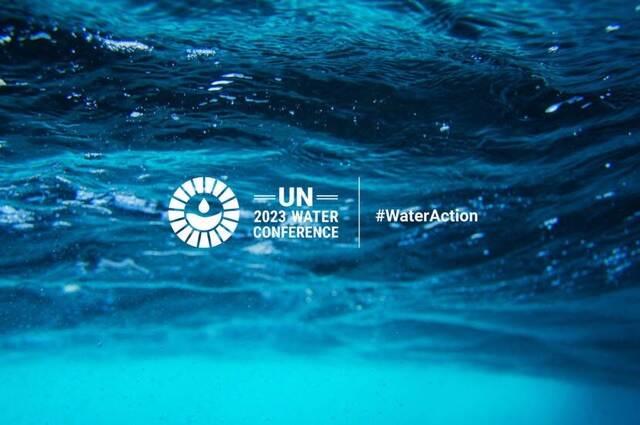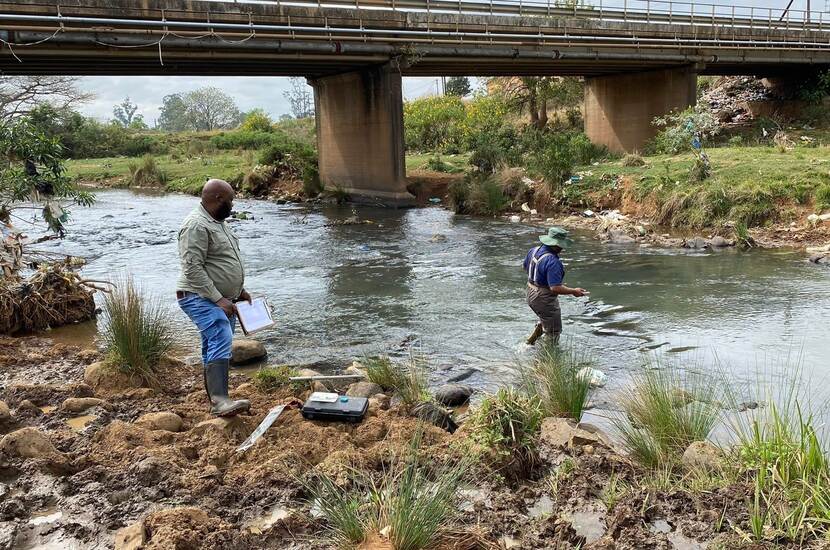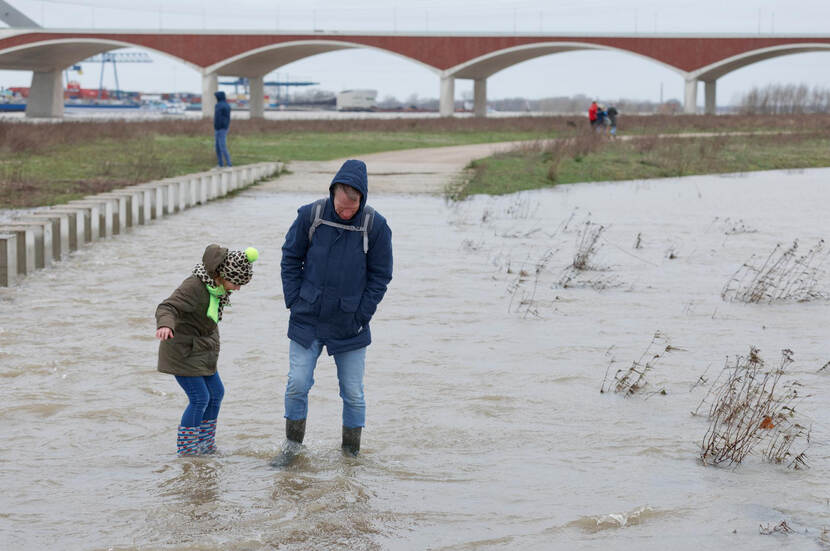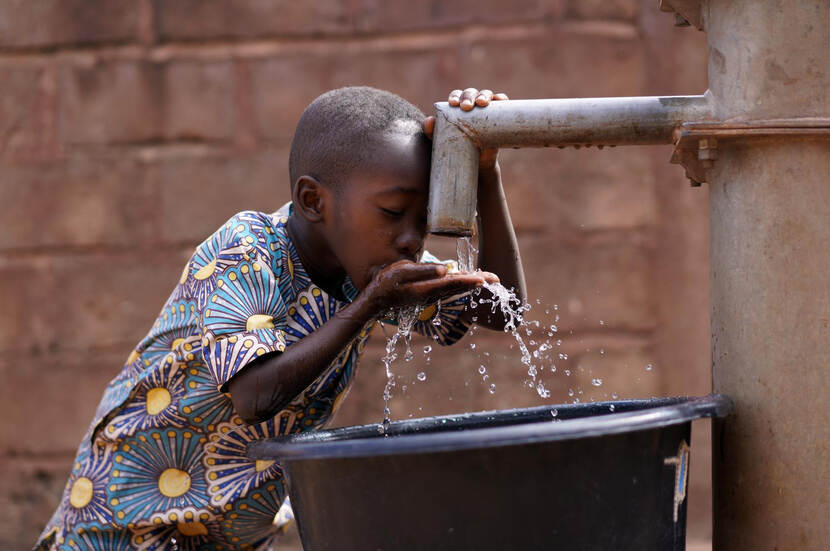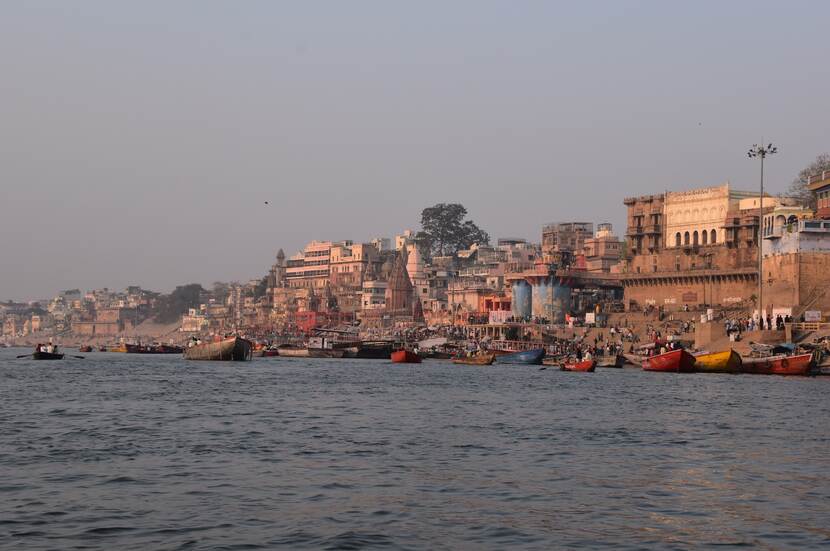UN 2023 Water Conference: challenges that affect the Netherlands
Too much, too little, too polluted: virtually every country faces problems with water. What’s more, water supplies around the world are coming under increasing pressure. The Netherlands has a wealth of knowledge and experience in dealing with water. Both within its borders and beyond, it works to ensure good water management and clean drinking water.
Water has a major impact on the livelihoods of millions of people, on food and energy security and on health and the environment. But there are still far too few international agreements on water. We must accelerate our efforts if we are to meet the international goals in the 2030 Agenda for Sustainable Development and the UN’s International Decade for Action 'Water for Sustainable Development' (2018-2028).
That’s why the Netherlands and Tajikistan have organised the UN 2023 Water Conference in New York. The aim of this first UN water conference in nearly 50 years is to encourage countries around the world to prioritise water issues.
The Netherlands: a land of water
The landscape, culture and history of the Netherlands are inextricably linked to water. We have a wealth of knowledge and experience in dealing with water. And since we feel a great responsibility in this area, we work both within our own borders and beyond to ensure good water management and clean drinking water. Below, we’ll look at four areas to explain how we do that: drought, flooding, drinking water, and democracy and water management.
Drought
Climate change is causing more frequent periods of extreme drought, even in the Netherlands. We can learn a lot from countries where drought is more common, such as South Africa. Scientist Hans Waals, from the Hollandse Delta water authority, explains how the Netherlands and South Africa work together in this area.
‘Recent trends have placed us in a truly new situation. 2018 and 2019 were very dry years, while in 2022, Rhine water discharges fell to a historic low.’
Flooding
The Netherlands has been battling water for centuries. And we want to share our expertise with countries worldwide. One of those countries is Pakistan, which in 2022 faced the most severe flooding in its history. Civil engineer Jos de Sonneville led a team of water experts sent to the disaster zone.
‘It’s not just a question of investing in higher dikes and stronger dams. In the end, there’ll always be a wave that’s higher.’
Drinking water
In the Netherlands, we get water just by turning on a tap.. But this is not always a given in other countries. According to the World Health Organization, one in three people do not have access to clean drinking water. The Netherlands is committed to making clean drinking water available to people around the world. For example through the WaterWorX-program in Indonesia.
'In the end it is all about the sustainability and availability of high quality drinking water'
Democracy and water management
In the Netherlands, the regional water authorities work with Rijkswaterstaat to prevent flooding, ensure a reliable supply of drinking water and prevent water shortages in dry periods. Ambassador Marten van den Berg in India sees how Dutch methods inspire other countries.
‘Effective water management is something you have to do together. By involving people in the choices that are made, they are also more likely to feel responsible.’
